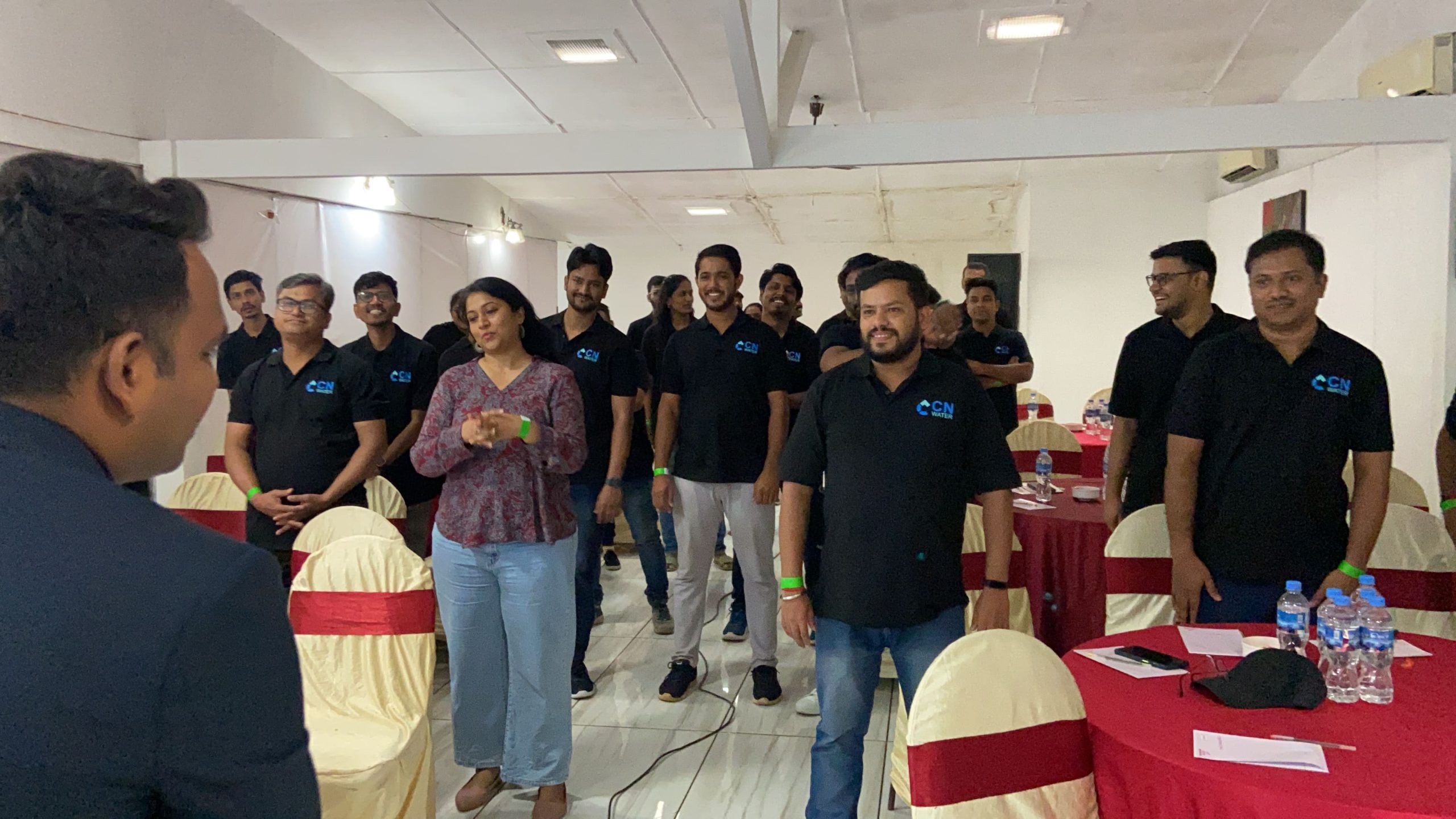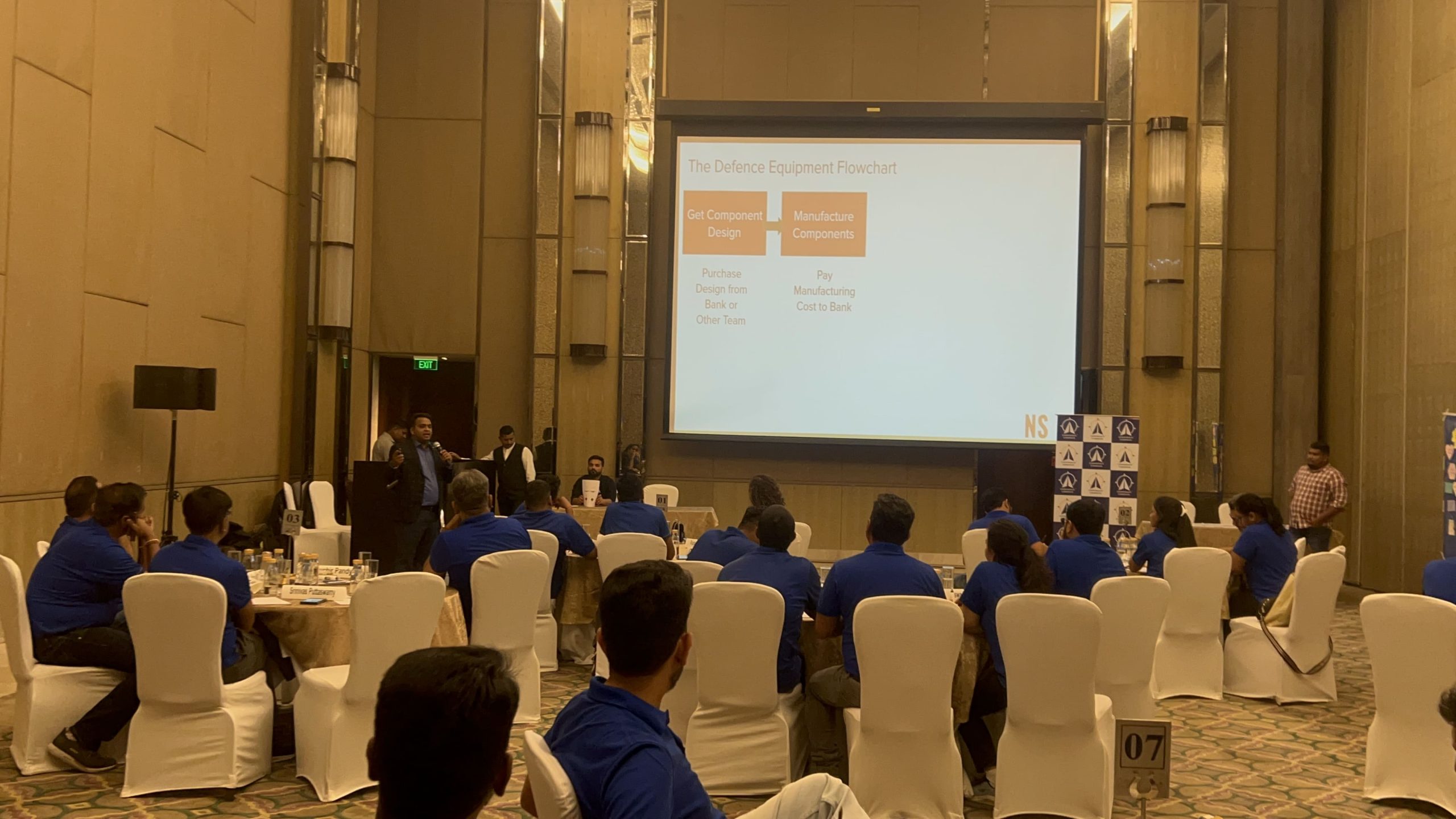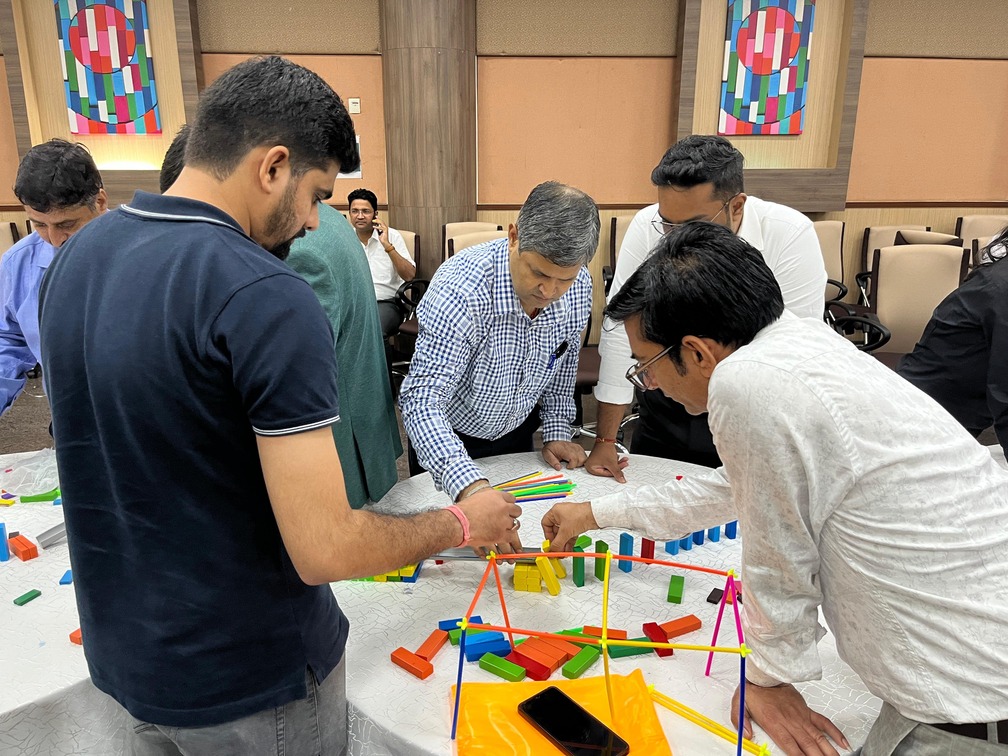
In today’s fast-paced and competitive business environment, companies continually seek ways to gain a performance edge. One of the most effective, yet often underestimated, strategies for fostering long-term success is corporate team building . While many think of team building as a break from the daily grind filled with trust falls and awkward icebreakers, the truth is much deeper. Team building, when done right, is a strategic investment in organizational growth, employee engagement, and company culture.
At Corporate Compass, we understand that these initiatives are far more than recreational activities; they are carefully crafted experiences that discover full employee potential, encourage collaboration, and drive measurable business outcomes. This blog explores the critical importance of corporate team building, busts common myths, and explains how leveraging professional team building services can transform your organization.
Corporate team building refers to structured activities, exercises, and workshops designed to enhance interpersonal relationships, improve communication, and foster trust among employees. These programs are typically facilitated by a professional or internal HR department and can range from simple in-office games to elaborate retreats and experiential learning events.
The key goals of corporate team building include:
However, for these goals to be achieved, team building must be aligned with broader organizational objectives, not just treated as a one-off event.
Too often, team building is dismissed as frivolous, an excuse to skip work, or a waste of resources. This misconception arises from poorly planned or irrelevant activities that feel forced or disconnected from actual work life. Real corporate team building goes beyond surface-level enjoyment to create deeper connections and lasting behavioral change.
A professionally designed team building initiative doesn’t just entertain, it educates and empowers. These activities can help identify leaders, strengthen collaboration under pressure, and resolve underlying tension among departments or teams.
For example, a customised team challenge might simulate a high-stakes business scenario where participants must communicate clearly, delegate effectively, and adapt on the fly, skills directly transferable to the workplace.
Organizations with strong team dynamics outperform their peers in almost every metric, from employee engagement and innovation to profitability and customer satisfaction. Let’s explore how corporate team building can yield measurable returns:
Poor communication is one of the top causes of inefficiency in the workplace. Structured team building activities focus on improving clarity, active listening, and giving/receiving feedback.
Research shows that highly engaged teams show 21% greater profitability. Team building creates a sense of belonging and purpose, both of which are essential for engagement.
Cross-functional collaboration becomes smoother when employees trust one another and understand each other’s working styles, outcomes facilitated by team-building workshops.
Team building activities often create a safe space to address interpersonal tensions. When managed by a skilled team building company, this can lead to improved emotional intelligence and empathy among colleagues.
Team building exercises can surface hidden leadership qualities and give future leaders a chance to shine in a risk-free environment.
Creative challenges and brainstorming activities stimulate out-of-the-box thinking, which can lead to real business innovation.

While in-house HR departments can organize occasional bonding sessions, professional team-building companies offer a different level of depth, design, and execution. Here’s why working with a team building company is often the best choice:
Professional providers tailor experiences based on your team’s dynamics, industry, goals, and challenges, ensuring that activities are relevant and results-driven.
Trained facilitators can manage group dynamics, adapt on the fly, and guide meaningful debriefs to connect the experience to everyday work life.
Planning a truly impactful team-building event takes time, effort, and skill. Outsourcing allows your HR and management teams to stay focused on core responsibilities.
Professional companies have access to a wide portfolio of unique and engaging experiences, from virtual reality problem-solving missions to CSR-based challenges.
Whether you have a team of 10 or 10,000, team building services can be scaled to fit your size, location, and format, be it in-person, hybrid, or remote.

A diverse array of team-building activities exists to suit different industries, team sizes, and objectives. Some popular formats include:
These programs build trust, confidence, and resilience in high-energy, often unpredictable environments. Think scavenger hunts or survival games like the Mount Everest Challenge
Multi-day off-sites allow teams to unplug from their daily routine, reconnect with company values, and recharge their motivation.
Combine team building with corporate social responsibility through activities like building bikes for children or planting trees.
Activities like escape rooms, hackathons, or simulation games encourage strategic thinking and collaboration under time pressure.
Especially in today’s distributed workplace, virtual team building can keep remote teams engaged. We at Corporate Compass offer online experiences ranging from gamified workshops to remote talent shows.
It’s easy to assume that team building is only needed when morale is low or after a restructuring. However, proactively investing in corporate team building can help you stay ahead of potential issues and capitalize on key growth opportunities.
Consider initiating a team-building initiative when:
Rather than waiting for problems to surface, using team building services as a proactive measure can prevent issues before they affect productivity.
Not all team-building companies are created equal. Choosing the right partner can mean the difference between a forgettable afternoon and a transformative experience.
Here are some key criteria to consider:
Look for a provider with a proven track record in your industry or with companies of similar size and complexity.
Avoid one-size-fits-all providers. Your team has unique needs, and your program should reflect that.
Professional facilitators should have credentials in coaching, organizational psychology, or leadership development.
Can the company handle multi-location events? Do they offer virtual or hybrid options? Are they able to scale quickly?
The best providers will help you define success metrics and track outcomes, whether it’s improved communication, collaboration, or engagement.
To justify the investment, it’s important to evaluate the effectiveness of your team-building efforts. Here are some metrics you can use:
By integrating team building into your broader talent development strategy, it becomes easier to track its long-term impact.
In a world where technology and automation are advancing rapidly, the one competitive edge that remains irreplaceable is human connection. Corporate team building offers a powerful way to nurture that connection, align teams around common goals, and inspire high performance.
More than just a day out of the office, these experiences, especially when crafted and delivered by a professional team building company, can transform your culture, energize your workforce, and fuel your business growth.
If your organization is looking to foster better teamwork, boost morale, or simply create a more connected and innovative work environment, investing in expert team-building activities could be one of the smartest strategic decisions you make this year.
Whether you’re launching a new team, managing change, or simply want to improve collaboration, we at Corporate Compass can help you design a program that delivers lasting results. Don’t settle for games and gimmicks, invest in experiences that matter.